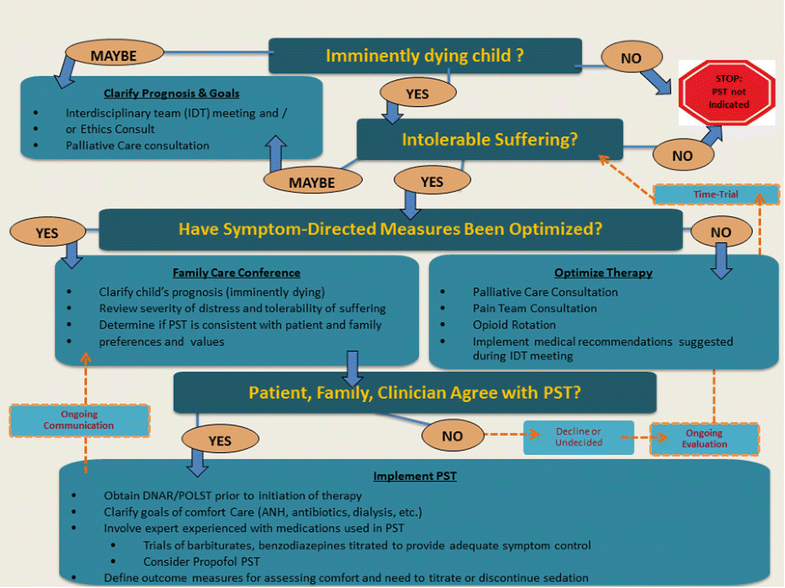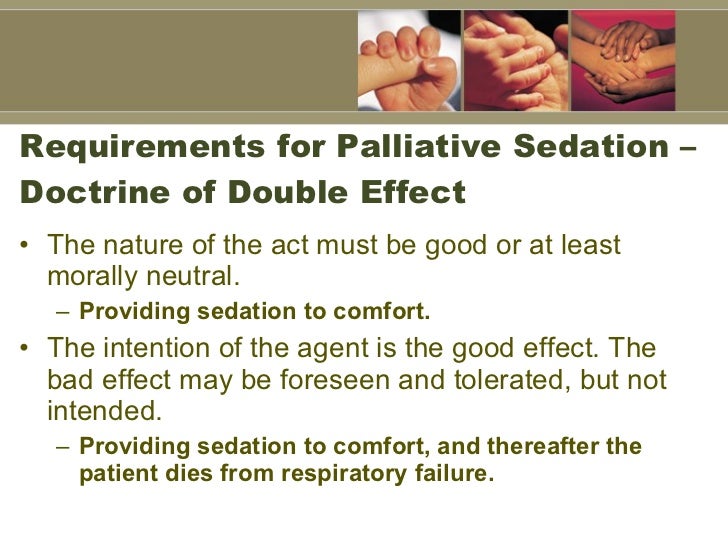

Therefore, it is a form of practice that at some point must be considered in order to save a dying patient from further pain. A research conducted in 2009 indicates that 16.5% of the total deaths recorded in the UK between 20 came as a result of continuous deep sedation (“Caregivers Perception of Palliative Sedation: A French Opinion and Survey,” 2015). It is specifically designed to shorten the patient’s life and not to control symptoms as a form of euthanasia. In this case, they have to confirm that the symptoms displayed by the patient cannot in any way be controlled by any other means. The health industry is always sensitive of the fact that palliative care is an option administered only as the last resort. Ultimately, many factors will be considered when considering whether or not palliative sedation is the appropriate approach for a particular client. The difficult and not easily dismissible disadvantages of palliative sedation being the controversy surrounding the practice potentially hastening death and the parallels many people draw to physician assisted suicide. Some of the key advantages being the improvement of refractory symptoms in palliative patients and the relief it can bring to families watching a loved one suffering. Much discussion and disagreement has been made of various aspects surrounding palliative/terminal sedation, everything from the indication to the family experience needs to be taken into account when weighing the advantages and disadvantages of palliative/terminal sedation.


So with this intention, and common goal, how does it happen that there can be so many conflicting points of view when it comes to palliative/terminal sedation? Lowering a patient’s level of consciousness deliberately and with medications is not ethically benign. Alleviating suffering is the root motivation for the exploring and discussing palliative/terminal sedation (Bodnar, 2017). However, at the center of this controversy the patient experience needs to be considered and a big part of the patient experience in this setting is usually centered on pain. Palliative/terminal sedation, with palliative care being a new and developing specialty, has been the subject of much ethical scrutiny. Medical practitioners can perform this procedure by means of subcutaneous infusion of a sedative drug, continuous intravenous, or by using a specialized charter that is specifically designed to provide comfort through a system of discrete administration through the rectal route. It is a general medical practice of relieving pain distress in patients who are terminally ill in their last hours or days of their life. Palliative sedation can also be associated with other medical terms such as continuous deep sedation, sedation for intractable distress of dying patient, or terminal sedation.


 0 kommentar(er)
0 kommentar(er)
